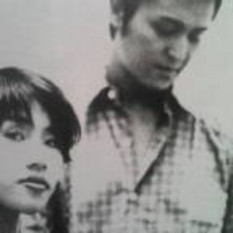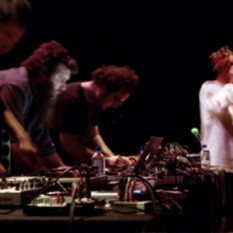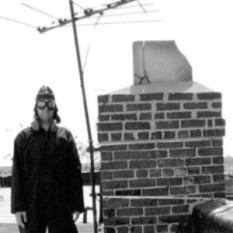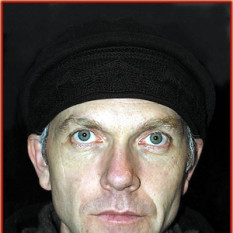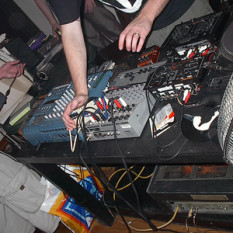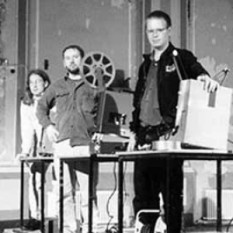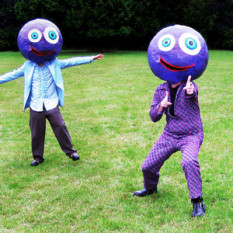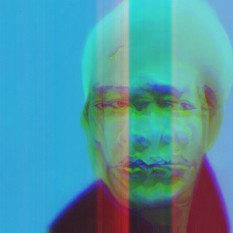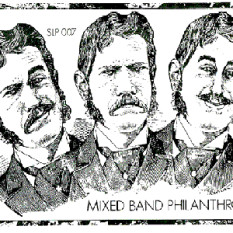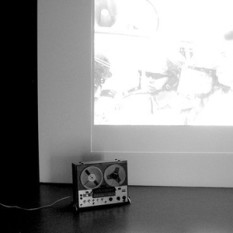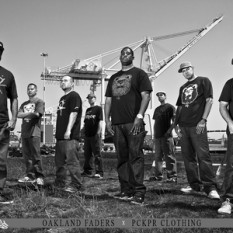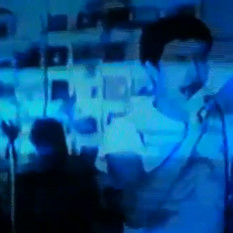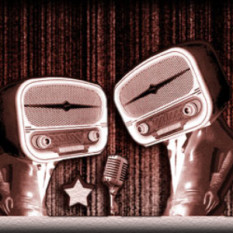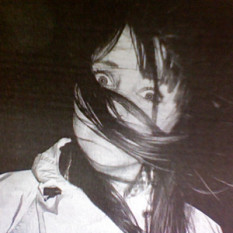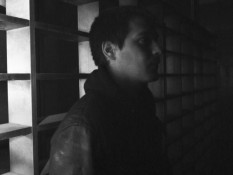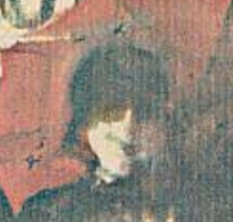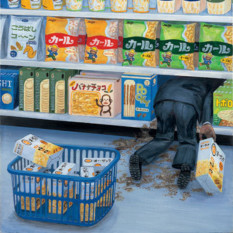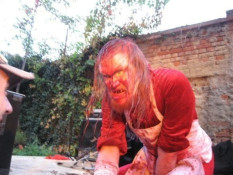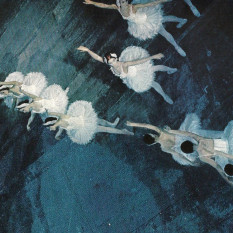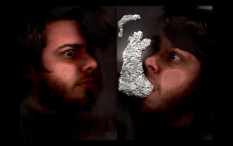Plunderphonics is a term coined by composer John Oswald in 1985 in his essay Plunderphonics, or Audio Piracy as a Compositional Prerogative. It has since been applied to any music made by taking one or more existing audio recordings and altering them in some way to make a new composition. There is no attempt to disguise the fact that the sounds making up the composition have been "borrowed" in this way, and sometimes the sounds may be taken from very familiar sources. Plunderphonics can be considered a form of sound collage.
Although the concept of plunderphonics is seemingly broad, in practice there are many common themes used in what is normally called plunderphonic music. This includes heavy sampling of educational films of the 1950s, news reports, radio shows, or anything with trained vocal announcers. Oswald's contributions to this genre rarely used these materials, the exception being his rap-like 1975 track "Power."
The process of Sampling other sources is found in various genres (notably hip-hop and especially turntablism), but in plunderphonic works the sampled material is often the only sound used. These samples are usually uncleared, and sometimes result in legal action being taken due to copyright infringement. Some plunderphonic artists use their work to protest what they consider to be overly-restrictive copyright laws. Many plunderphonic artists claim their use of other artists' materials falls under the fair use doctrine. .

